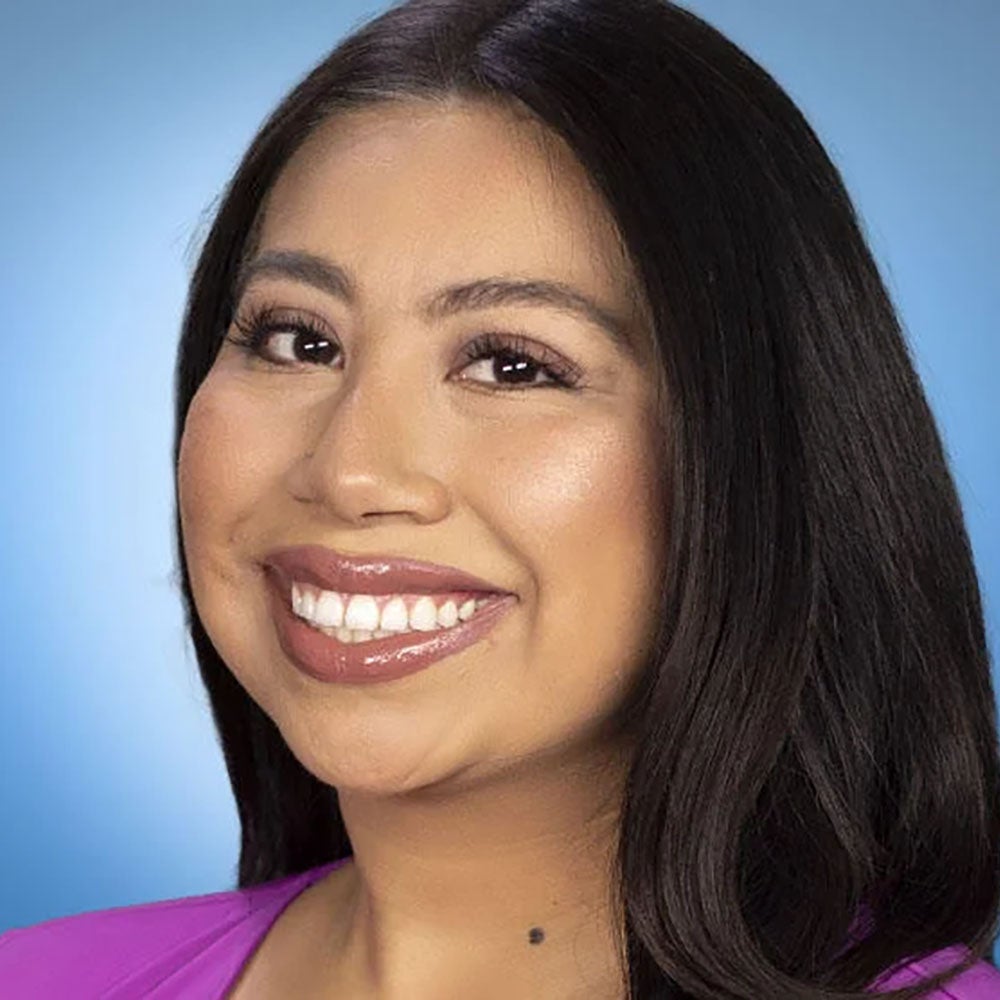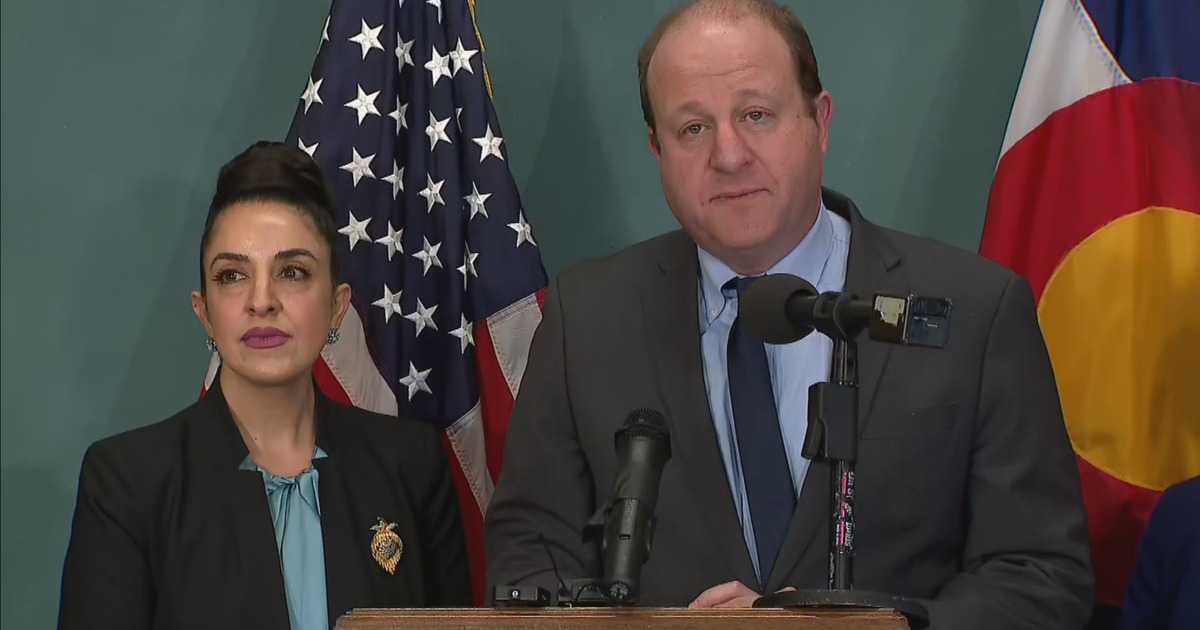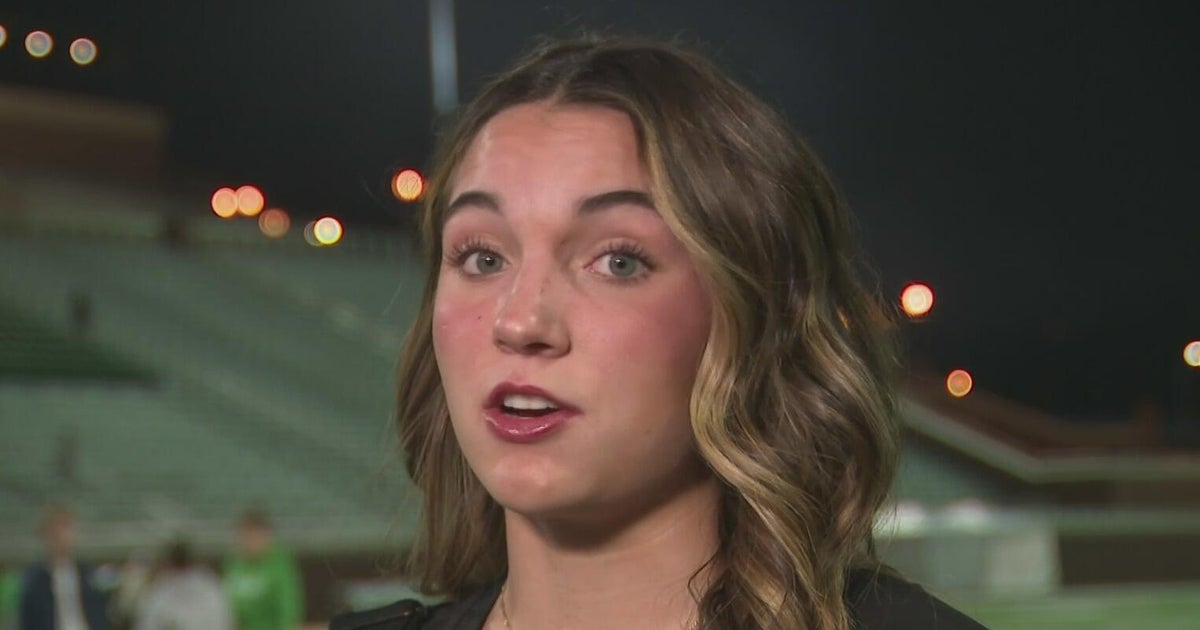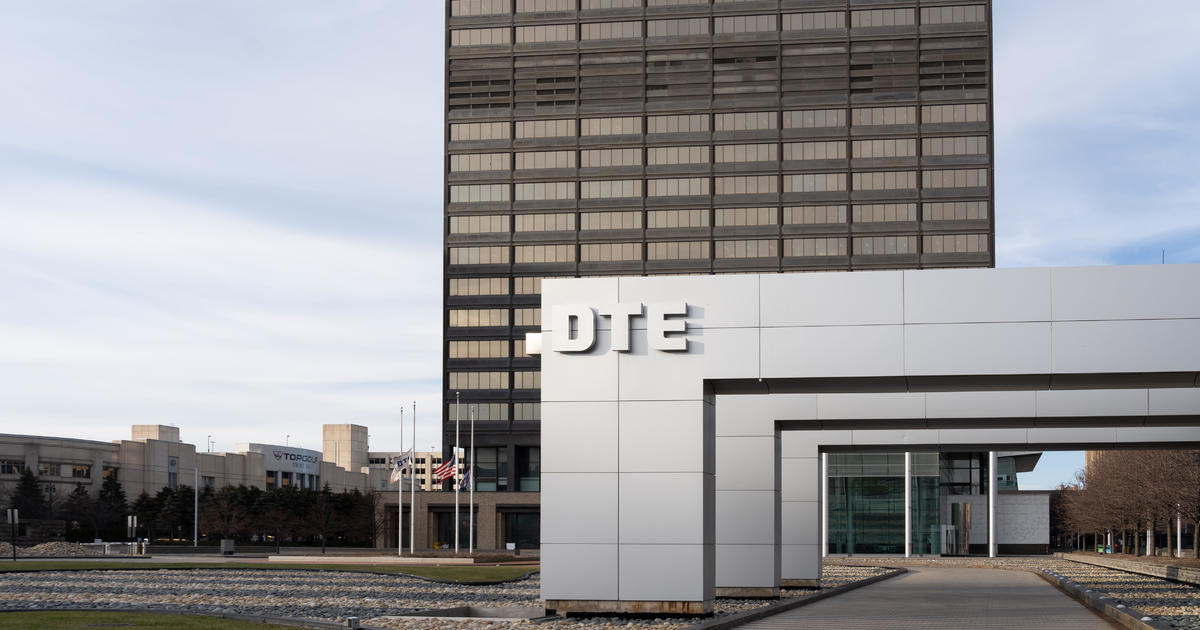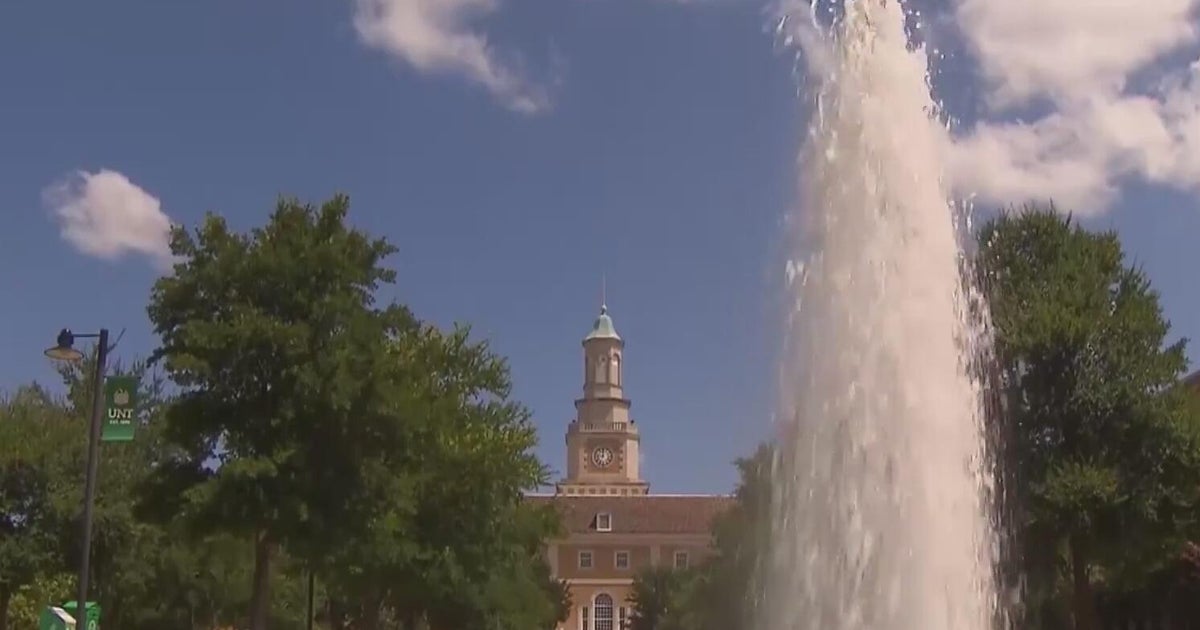Rocky Mountain NAACP says affirmative action ruling "rolls back the advances made towards achieving racial equality"
On Thursday in a historic decision, by a vote of 6-3, the Supreme Court ended the use of affirmative action in college admissions. The justices ruled that the admissions programs used by the University of North Carolina and Harvard violate the Constitution's equal protection clause and deemed it unconstitutional.
While those in favor of the ruling believe taking race out of the equation will give students a fair chance, those against it say that couldn't be farther from the truth. They fear that this ruling could influence diversity in the workplace in years to come.
Richard Lewis is the CEO and President of, RTL Networks -- an IT company he created in Colorado. As an entrepreneur he prides himself in hiring and helping minorities jump-start careers in technology.
"I've seen lots of businesses say that they can't find people of color for various jobs, when I've been able to find them," said Lewis.
He also launched the RTL Foundation which is a nonprofit aimed to serve historically underserved communities.
"We are really focused on providing opportunities and supporting educational opportunities in the areas of entrepreneurship, technology and history," added Lewis.
In 2006 they created an African American timeline, which is composed of historic events in the African American community - dating back to 1501. From firsts to important historic dates and legislation, the timeline has it all.
"After today of course we will have to add the strikedown of affirmative action by the Supreme Court," said Lewis.
Thursday's decision makes Lewis feel concerned. The concern runs deep in his community -- not only in the workforce, but especially in colleges now that race won't be considered.
"If you are not required to look at race and to track that, will some organizations not look at it at all? And that doesn't usually work in the favor of BIPOC people," said Lewis, referring to the term Black, Indigenous and people of color.
Rocky Mountain NAACP President, Portia Prescott agrees. She believes without affirmative action it will make it harder to have a more diverse student body.
"I was taught as a kid you have to work 10 times harder than a White person to get equal of what they get," added Prescott.
Prescott attended Brown University in Rhode Island and feels like she would not have been noticed if it wasn't for affirmative action, but adds she still had to work twice as hard to even be considered.
In 2020, 36% of the 18–24-year-old Black population were enrolled in college compared to 40% of the overall U.S. population.
Black college and university enrollment has been dropping steadily since 2010.
"That is just one criterion, everyone knows you have to have the mental capacity to be at the university, you don't just get to go to Harvard, University of North Carolina, UCLA, if you don't have the the mental capability to participate in those opportunities," said Prescott.
Here's the official RMNAACP affirmative action statement:
"Today is a dark day for civil rights in America! Today's Supreme Court ruling strikes a blow to the hard-won progress that affirmative action has fought for over the past decades. By undermining these vital protections, the Court has regrettably rolled back the advances made towards achieving racial equality. This decision risks perpetuating entrenched systemic disparities, signaling a setback for creating a truly inclusive and fair society. It is disheartening to witness such a pivotal opportunity for progress squandered by a flawed judgment. We at the Rocky Mountain NAACP CO-MT-WT State conference will continue to fight, organize, mobilize, and vote against all attempts to hold us back. Together we will keep fighting against this clear pattern of hate. We will thrive!"
Over the years a total of nine states had bans on affirmative action. California was the first state to ban it in 1996. UC colleges have admitted they struggled to admit a diverse student body.
Several colleges, including the University of Colorado Boulder, used affirmative action in Colorado. They'll now have to find new ways to bring about diversity in their student bodies.
